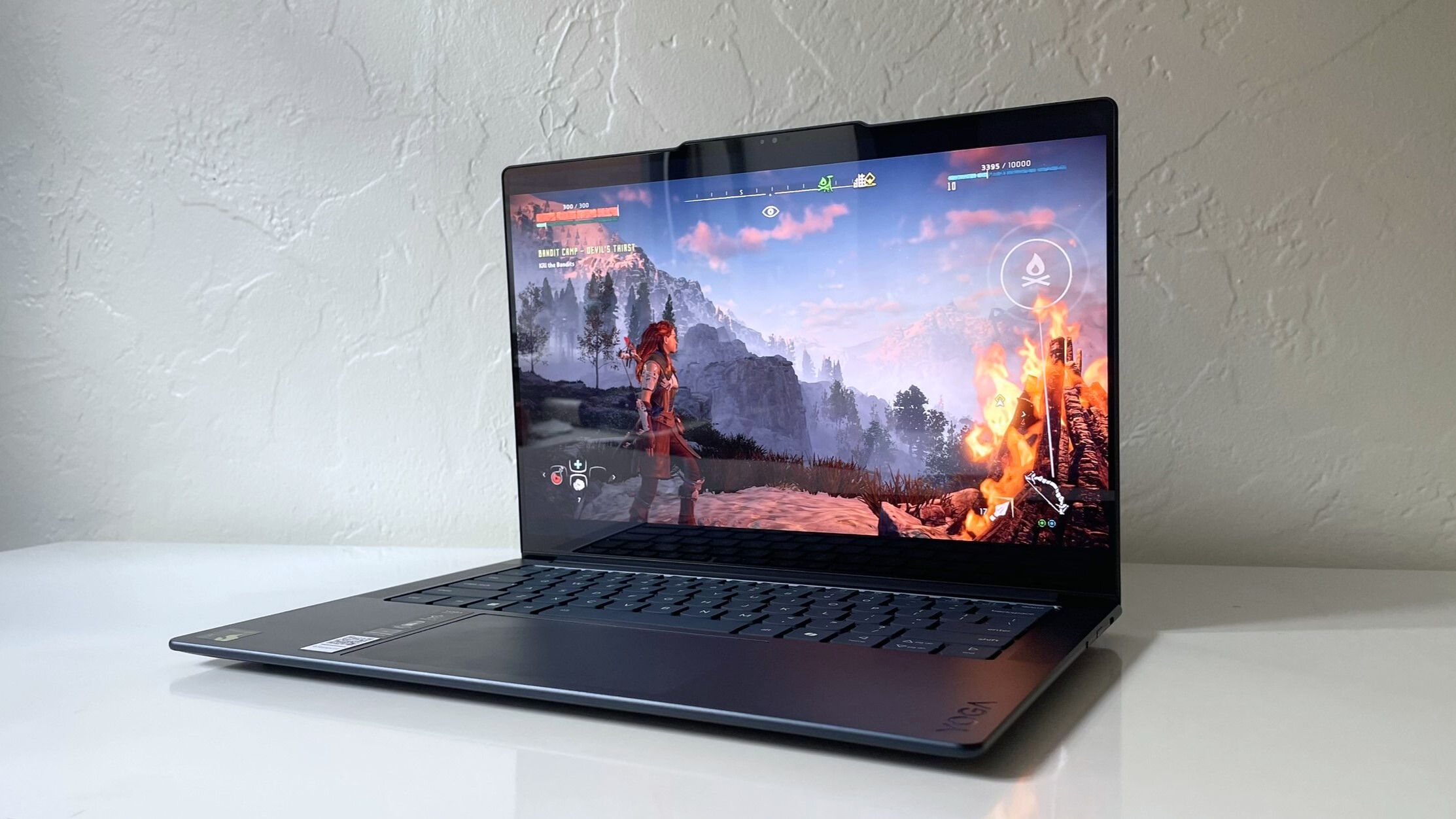
I never thought I'd be here, arguing that technology has gone too far. But here I am.
The constant generation-to-generation updates to CPU power, graphics performance, and battery life have left us in a world where most computers are more powerful than the average user could ever need.
Does anyone need 25 hours of battery life on an ultra-thin laptop? If you only check your email, browse the web, and create some documents and spreadsheets, do you really need Geekbench scores in the 15,000-20,000 range?
Games aren't even fully optimized for the Nvidia RTX 3000 series, let alone the 4000 series and expected RTX 5000 series. So, do you actually need a new graphics card?
I spent years testing the limits of what laptops are capable of, and those limits are higher than ever, but so are our expectations. Here's a look into why your next laptop will be more powerful than you ever need it to be.
CPU performance
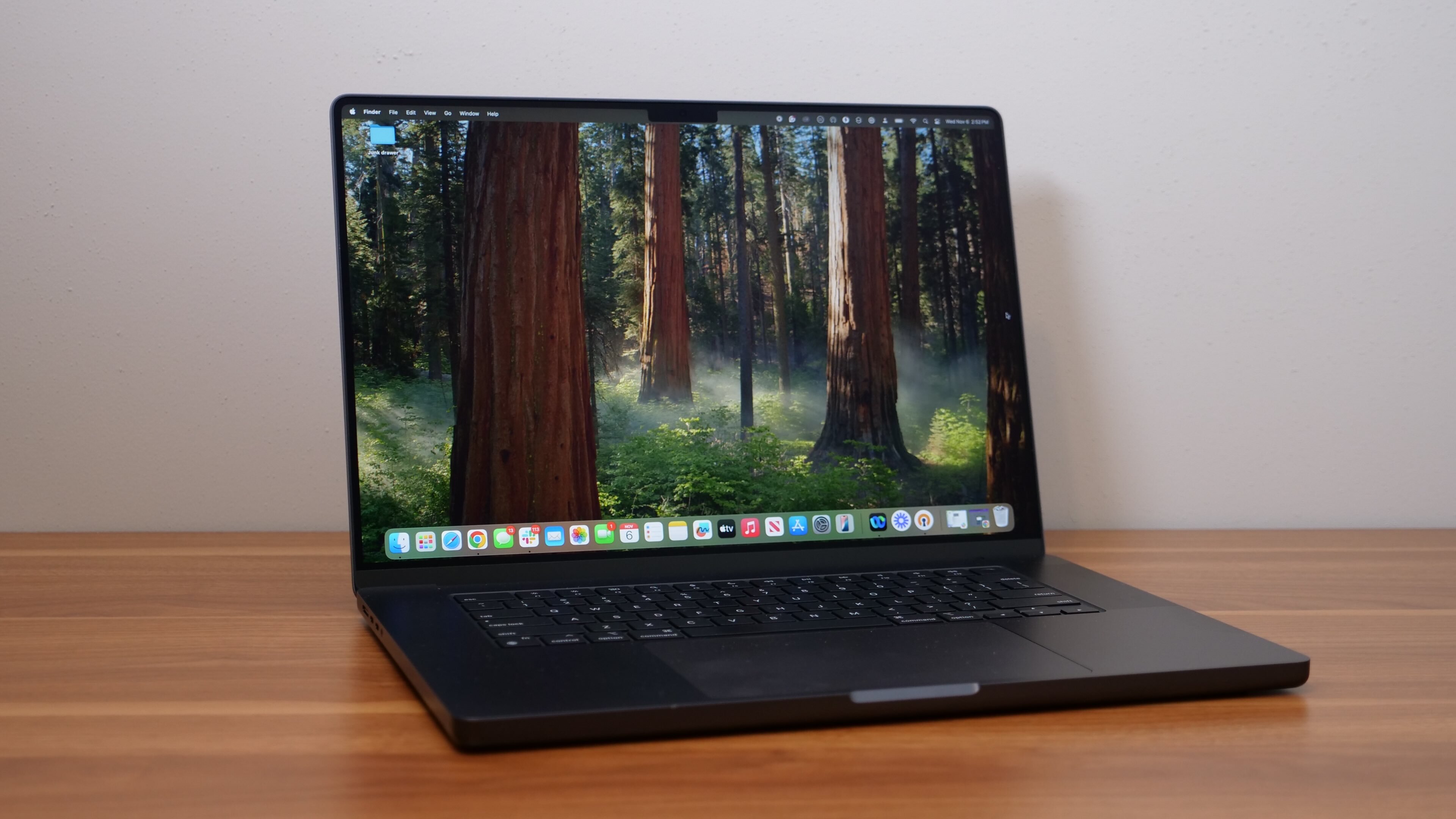
I have a testing background. I love benchmarks. I understand wanting the fastest, most powerful CPU on the market. I am the kind of person who will watch AMD techs use liquid nitrogen to cool a Granite Ridge CPU in an overclocking record-break attempt with rapt focus.
But the new MacBook Pros with Apple's M4 silicon are stupidly powerful. The MacBook Pro 16 with the M4 Pro is more powerful than the M3 Max version from just a year ago. Our review unit came with 48GB of RAM and the base M4 Pro chip and got a Geekbench 6 multicore average of 22,822.
The Qualcomm Snapdragon X Elite chipset is incredibly power efficient and still gets incredible performance. The Samsung Galaxy Book4 Edge achieved a Geekbench multicore score of 15,818.
While Intel and AMD's latest AI PC chipsets trail behind their ARM counterparts, the Asus Zenbook S16 with AMD's Ryzen AI 9 HX 370 scored over 13,000 on Geekbench 6, while the Zenbook S14 with Intel's "Lunar Lake" Core Ultra 7 258V scored over 11,000.
However, the score threshold for what makes a CPU viable for general users is much lower on Geekbench 6 than you might expect. Geekbench 6 scores are calculated against a baseline score of 2,500 based on a Dell Precision 3460 with an Intel Core i7-12700 processor. That baseline score is the single-core performance metric. For multicore averages, you'd consider a CPU good if it hit a score of about 11,000 or higher based on the same i7-12700 processor.
The Dell Precision 3460 is a small form-factor workstation desktop. We have hit the point where ultra-thin and light laptops are achieving CPU performance that was considered acceptable workstation class just three generations ago. Even the lower-power Intel Lunar Lake processor meets the i7-12700 threshold.
Laptop CPUs are more powerful than most any laptop users will ever need. So it doesn't really matter that the Snapdragon X Elite version of a laptop gets a higher Geekbench score than the AMD or Intel version. All of them can check your email and let you open 32 Chrome tabs and upload your vacation photos to Instagram.
Graphics performance
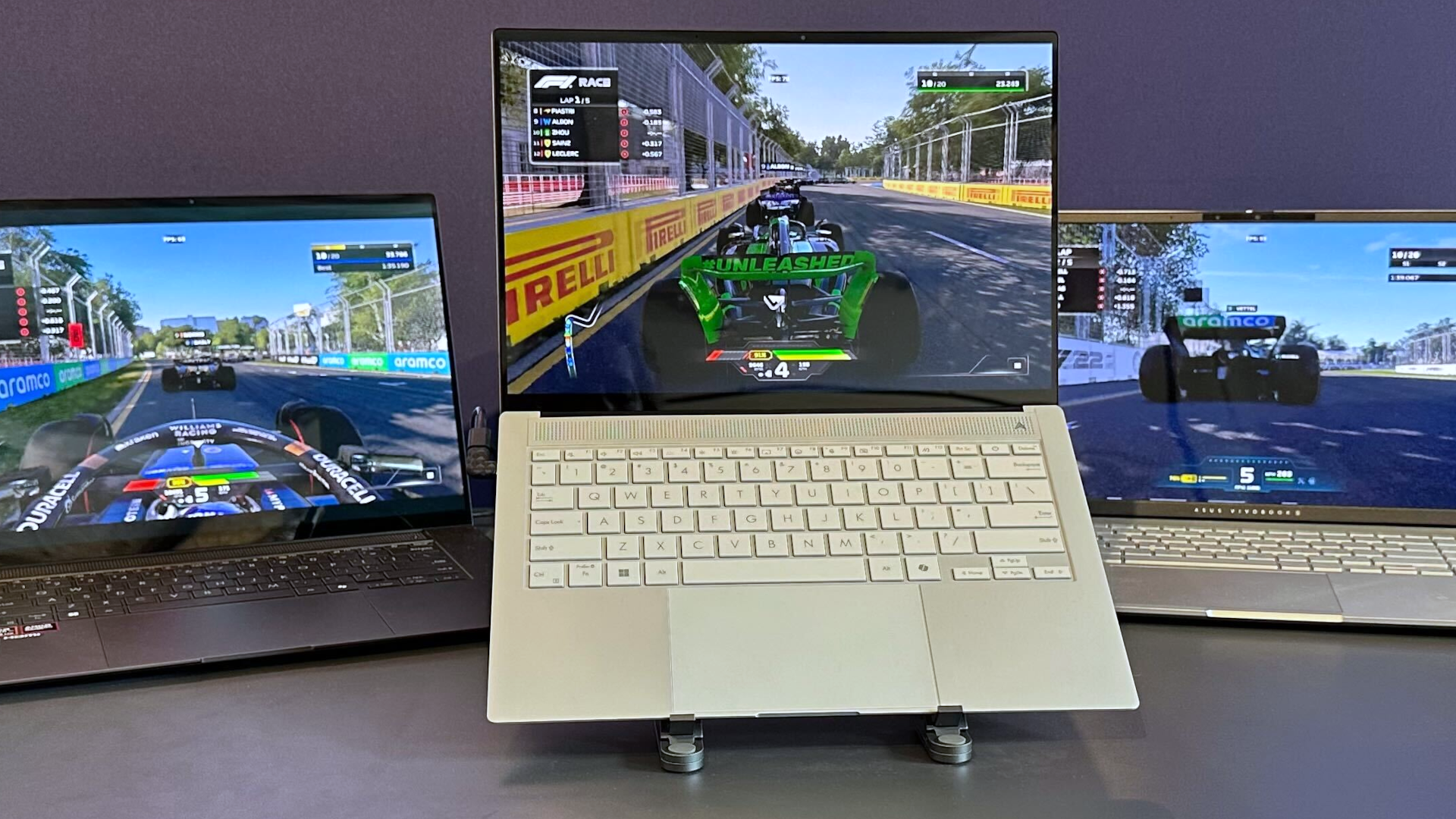
Nvidia has cornered the market on gaming GPUs, particularly on the laptop side.
While I am excited to see what the GeForce RTX 5000 "Blackwell" series has to offer in terms of performance, early indications of the next generation of Nvidia GPUs do have us worried about increased price and power requirements.
In fact, we've gone so far as to say you should opt for an RTX 40-series gaming laptop once the RTX 50-series drops. Not only will it save your wallet from serious damage, but most modern games are still optimizing for older GPUs. According to the November 2024 Steam Hardware Survey, the most popular GPU is still the GeForce RTX 3060. Plenty of games still can't use all the capabilities of the higher-tier RTX 3080 and RTX 3090, not to mention the 40-series variants.
Additionally, if you want to game in 1080p and Medium settings, you can get some decent performance from most modern integrated graphics chips. Intel's integrated Arc platform and AMD's integrated Radeon RDNA 3.5 iGPUs have better gaming performance than ever, thanks to supersampling tech like XeSS and FSR, as well as AMD's Fluid Motion Frames.
Handheld gaming PCs like the Asus ROG Ally X use only integrated graphics for increased portability, both in terms of saving weight on the handheld and getting better battery life.
There's even the Acer Chromebook 516 GE cloud gaming Chromebook. So, despite all the gains in dedicated GPU technology, if you want to do some casual gaming, you don't even need a discrete GPU anymore.
Battery life
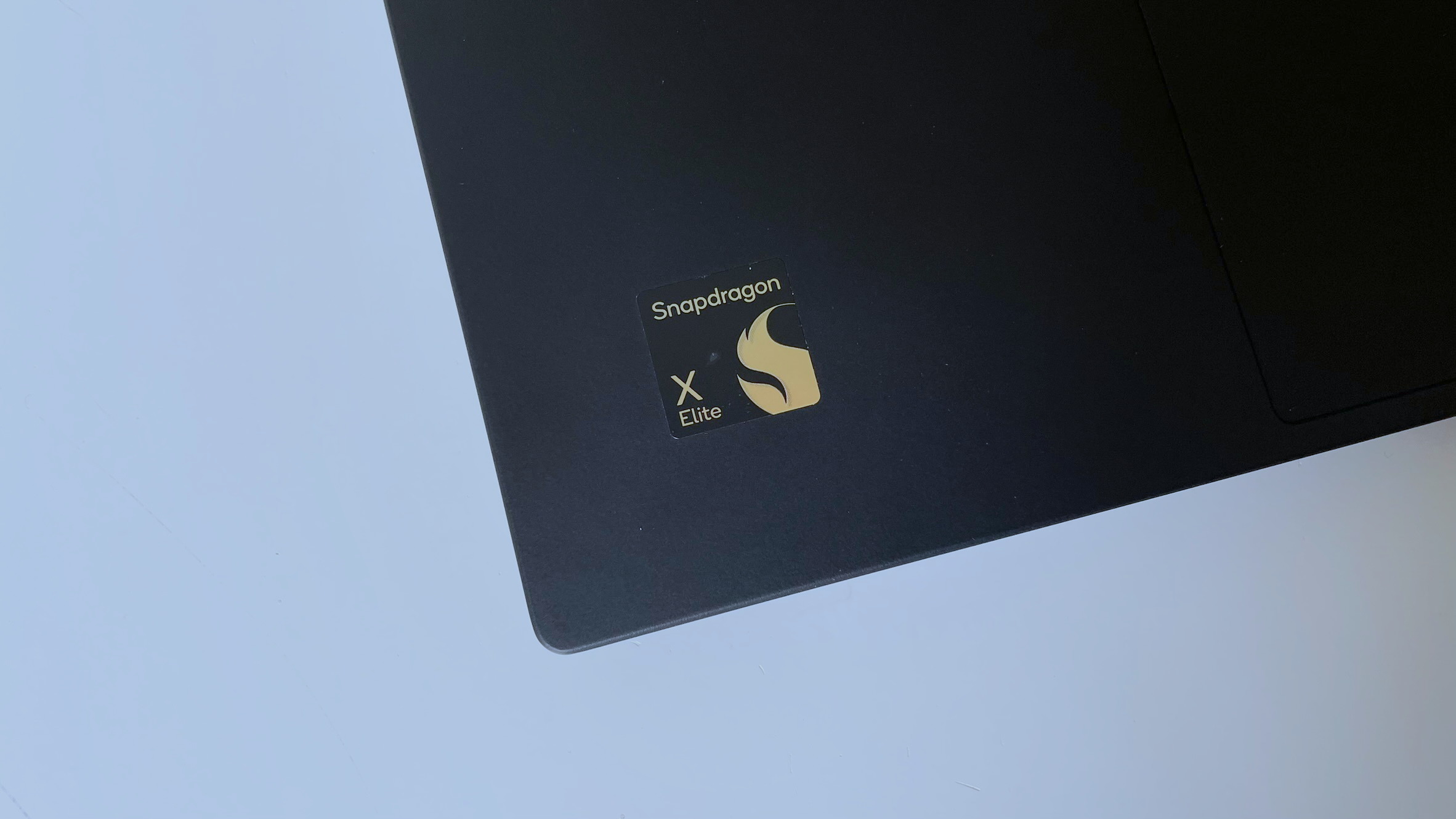
Lately, companies have begun boasting about offering laptops with over 20 hours of battery life. Those claims are typically based on running an offline video playback test. However, our proprietary battery test is a web-surfing benchmark that often knocks a few hours off that video playback time.
The Dell XPS 13 (9350) "Lunar Lake" model averaged 18 hours and 34 minutes on the Laptop Mag battery test. That was just a little short of the Dell XPS (9345) Snapdragon X Elite model's 19:01 battery benchmark.
The Apple MacBook Pro 16 (M4 Pro, 2024) is the longest-lasting Apple laptop we've ever tested, with 20 hours and 46 minutes in our test. The M4 variant beat the previous MacBook Pro 16 (M3 Max, 2023) by over two hours.
The longest-lasting laptop we've tested is the Lenovo ThinkPad T14s, which achieved an astounding 21 hours and 3 minutes.
And yet, virtually no one needs battery life that lasts more than maybe 14 hours to account for a long workday.
The longest flight in the world right now is the New York to Singapore route, which lasts 18 hours and 50 minutes. And you won't be able to have your laptop out for about an hour of that flight time during takeoff and landing. So you're looking at about 18 hours total. Even if you get stuck on a runway for several hours before leaving New York, most modern airline seats have outlets for each seat.
Sure, some folks might like the idea of having multiple days of battery life on their device. But even then, how often do you actually run a laptop's battery all the way down?
We've already hit peak battery efficiency. Our standard for good battery at the start of 2024 was 10 hours of battery life, but most laptops coming through our labs are clearing that mark easily now.
Artificial Intelligence
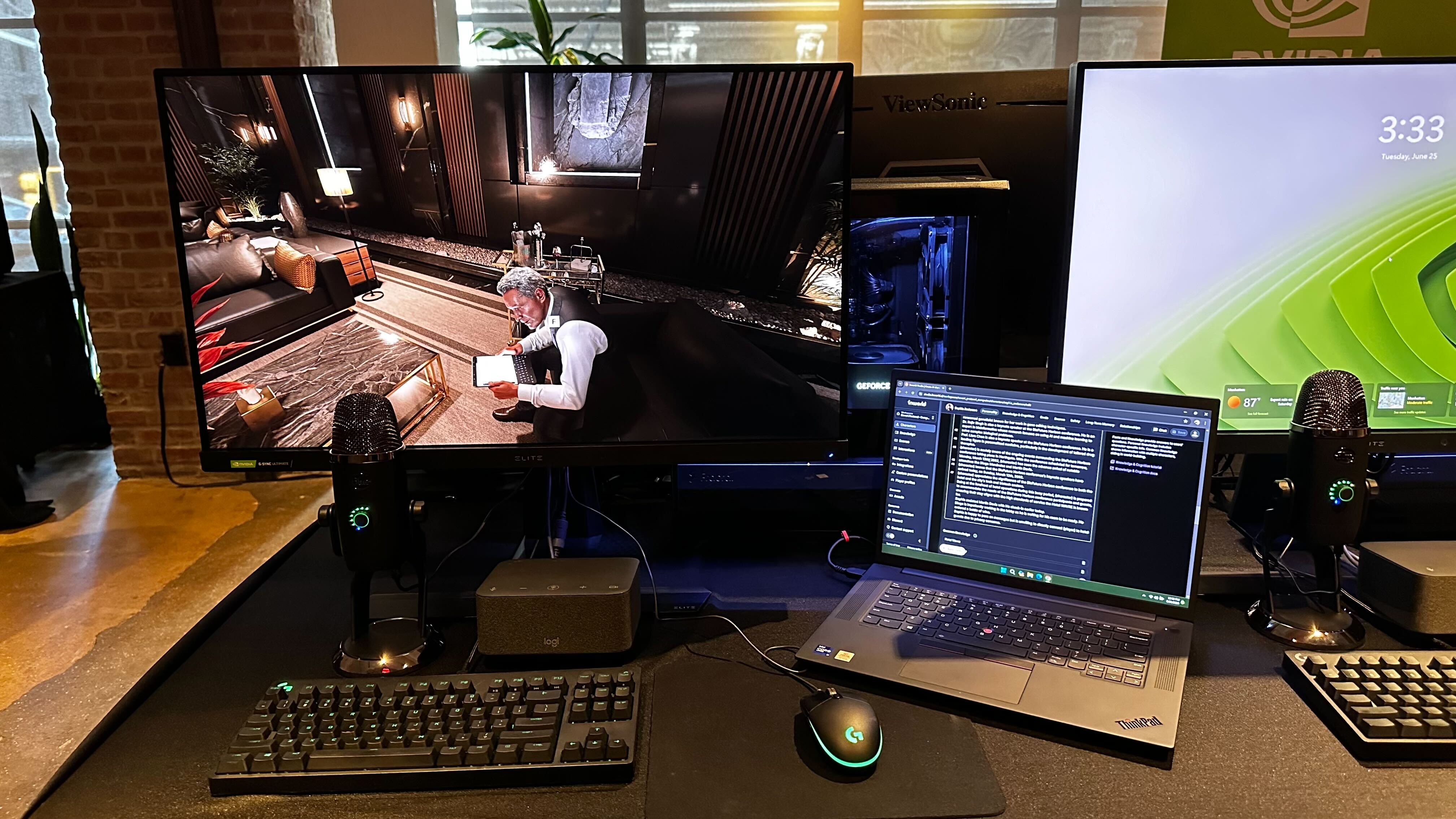
I've been consistently grumpy about AI for the last year, so much so that it feels like my personal brand, but it's because I haven't found a good reason to adopt large-language models and generative AI for even basic tasks like sorting data or summarizing my emails. The Copilot+ AI options are middling at best, and Recall may be stealing your credit card information.
The Artificial Intelligence space is evolving quickly in a variety of directions, fully embracing the old "move fast, break things" tech adage. But it's made it difficult to measure AI performance on processors, and despite all the buzz over the NPU, only a handful of applications really hit the NPU. And of the applications that will offload some tasks to the NPU, many haven't rolled that functionality out yet. And they still aren't utilizing all of the Copilot+ mandated 40 TOPS (trillions of operations per second) of AI power.
Also, a discrete GPU is still the best AI accelerator we have.
So, have we made all this buzz about AI for a handful of poorly-functioning chatbots?
Where do we even go from here?
As a gamer and a tech enthusiast, not to mention a tech journalist specializing in the computing space, this entire hardware breakdown hurts me. You don't need a gaming laptop or dedicated GPU to game. You don't need as much battery life as you're getting. Thin and light laptops get the same CPU power as workstation desktops from just a few years ago. We don't even know how to utilize all of the AI power we're putting into AI PCs.
If the entire computing industry took all of 2025 off, we would be just fine.
Obviously, that's never going to happen. However, the current rate of exponential generation-to-generation growth is also going to plateau as the focus shifts from performance and power efficiency to something else. We're just waiting to see what the industry will pivot to. Maybe it's AI, once we get a real reason to embrace the artificial revolution. Maybe it'll be foldable laptops. Maybe we'll finally break out those bendable Graphene concepts again.
Only time will tell, but my complaints aside, the good news is that if you need a new laptop right now, the best laptops are more powerful than you'll ever need; you don't need to wait for the next big thing.
More from Laptop Mag
- Best gaming laptops in 2024: Our top picks after hundreds of hours of testing, reviewing, and gaming
- Best AI PCs in 2024: 6 laptops optimized for the latest AI features
- Best 2-in-1 laptops in 2024







